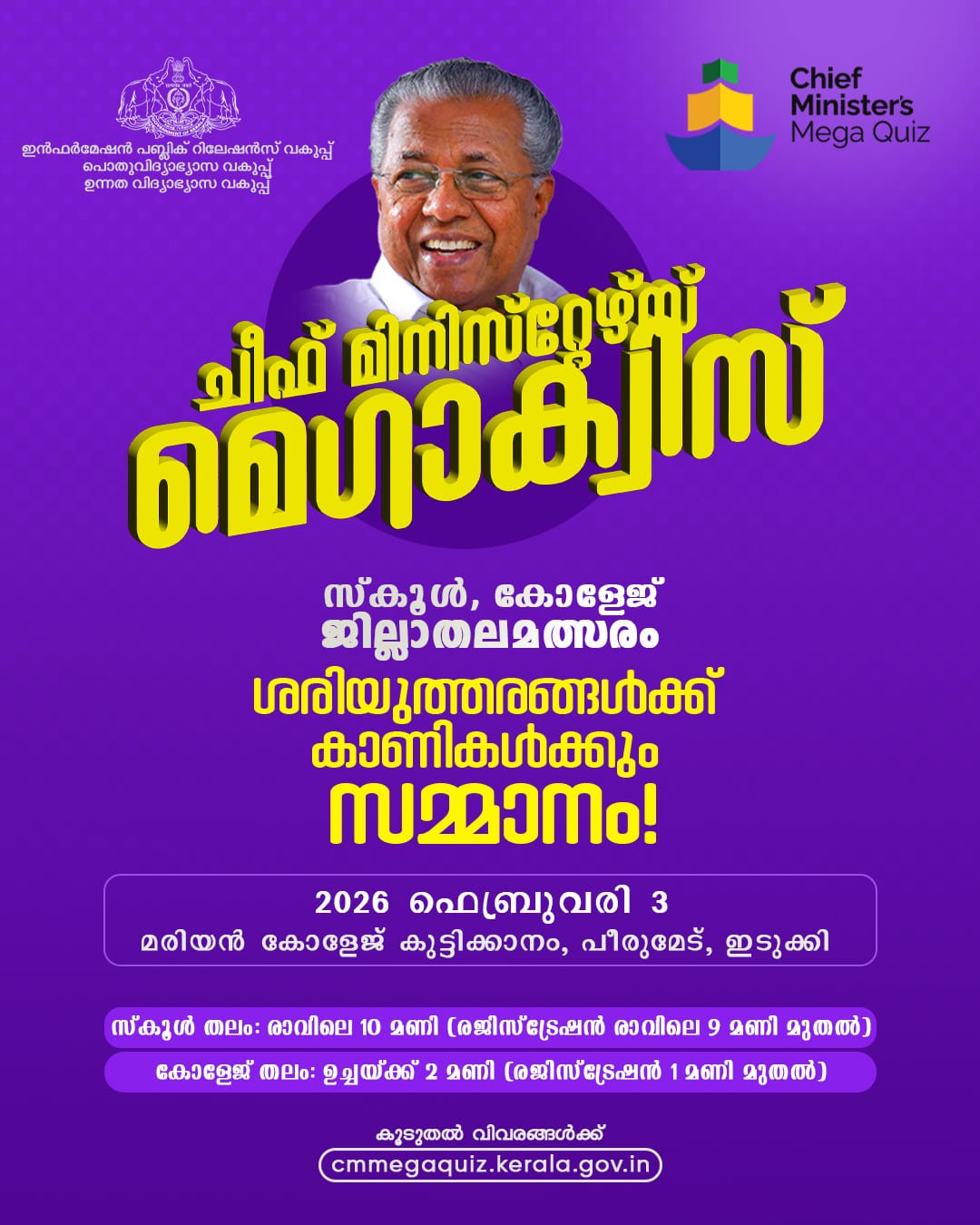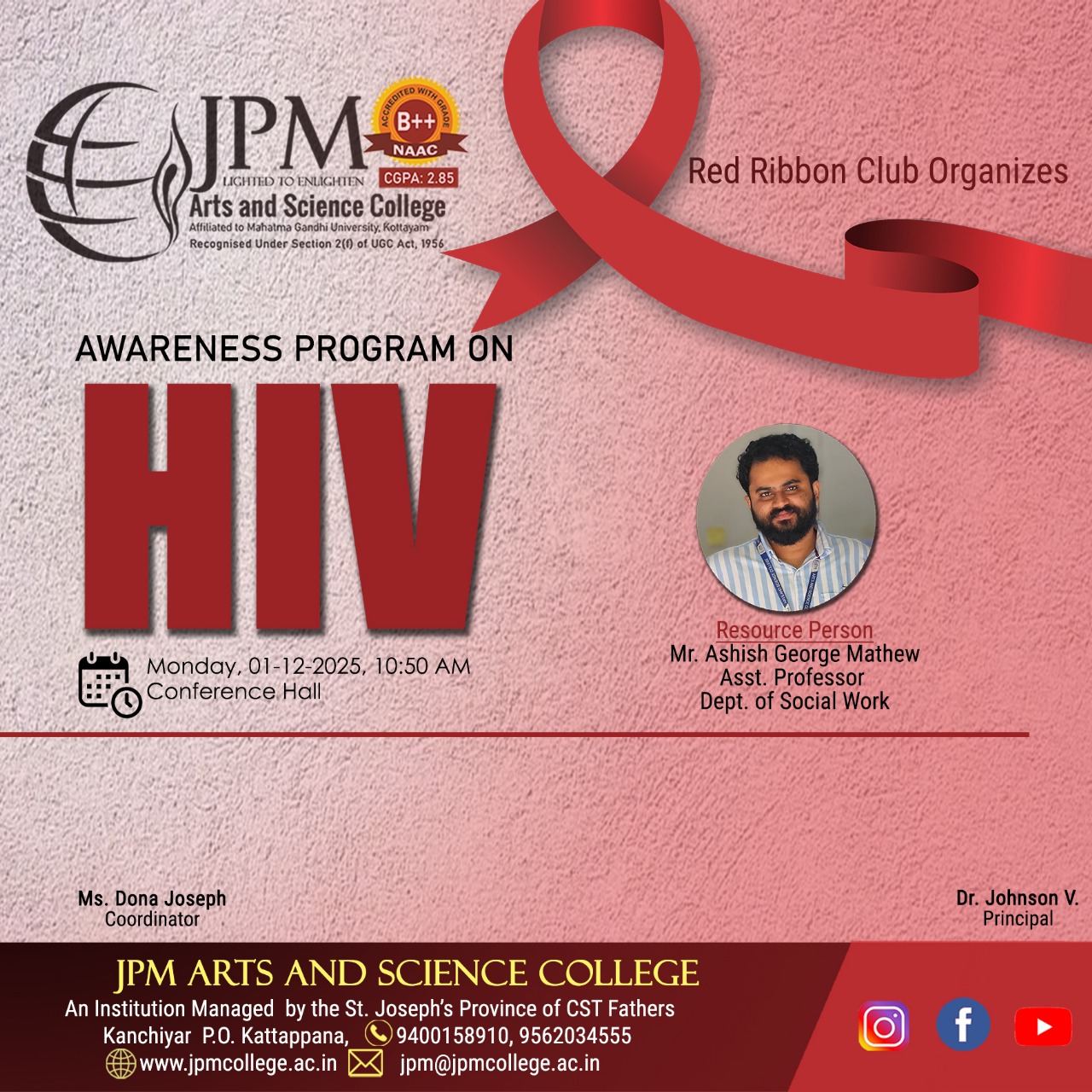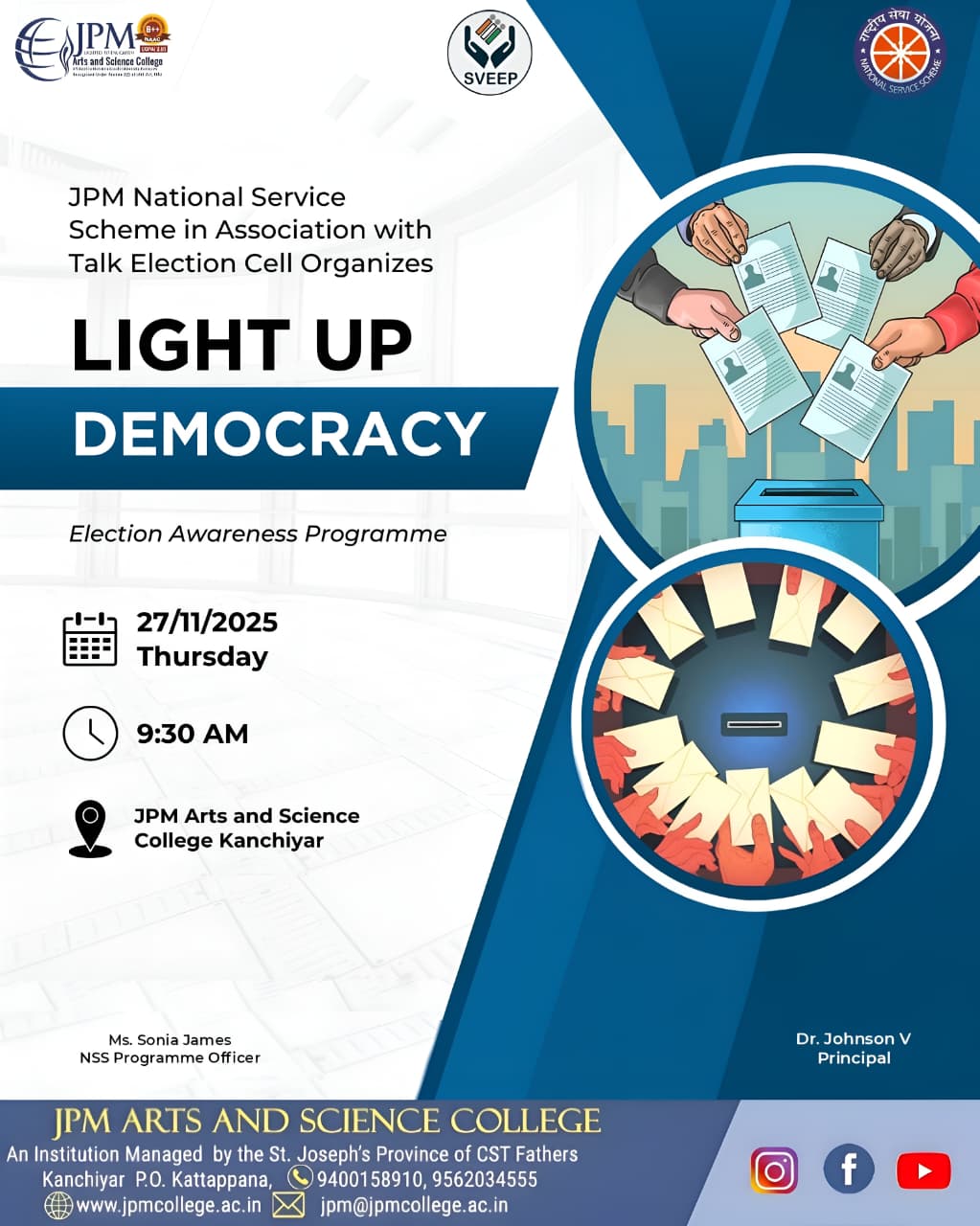NEW INDIA-KOVILMALA TRIBAL KINGDOM AN INTEGRATING MISSION OF JPM
Defining New India
Gandhian ideals form the conscience of Indian constitution. The Directive Principles of State Policy consists of the Gandhian principle of Village Panchayath (Article 40) which was realised through the Panchayatiraj; constitutional decentralisation from 1993. Gandhiji defined India in terms of its villages. Gandhiji writes: “I would say that if the village perishes India will perish too. India will be no more India. Her own mission in the world will get lost”. Therefore defining new India is also linked with the villages. An integral empowerment alone is capable to revive Indian Villages and to create a new India in accordance with the dream of the father of the nation and the ideals of the constitution of India.
Backwardness of Indian Villages
According to the 2011 census of India, 68.84% of Indians (around 833.1 million people) live in 640,867 different villages. This fact must be read in relation with the backward status of these village population. More than a quarter of the population living in rural areas of India is below the poverty line. So even after the 73 years of independence the Gandhian principles of Antyodaya (Upliftment of the last) and Sarvvodaya (Upliftment of all) are of much significance.
Kovilmala Tribal Kingdom
Kovilmala, locally known as Kozhimala (the hill of hen), is a tribal settlement and a small village in the district of Idukki, Kerala. It is the only existing tribal kingdom in South India which falls under the Kanchiyar Panchayath of Idukki Taluk. It’s inhabitants are more of one of the Scheduled Tribes in India, Mannan Community. Kovilmala Tribal Kingdom has many unique features and a rich history. They have lived for centuries in the forest and hilly regions. It possesses a treasure of mythology and distinctive cultural identity. But the reality of the backwardness of the village is a pertinent issue.
New India Kovilmala Tribal Kingdom an Integrating Mission of JPM
JPM Arts and Science College has close affinity with Kovilmala geographically and sociologically. Kovilmala is 5 Kilometers away from the college. From the establishment of the college the students from Kovilamala largely depend this college for their higher education. The management, teachers and students realise New India Kovilmala Tribal Kingdom as an Integrating Mission of JPM.
Aims and Objectives
- To strengthen the education of the children of Kovilmala with special focus on the reduction of the number of dropouts from the schools.
- To give formation in the basic qualities of life like personal and social hygiene, discipline etc.
- To back up the studies of the children by providing special classes on the basics of Science, Mathematics, English etc.
- To render the necessary support to ensure the availability of the drinking water in the locality.
- To encourage the distinctive cultural and artistic talents of the community
- To instil the scientific temper among the children of the Tribal Kingdom.
- To promote the ideals of gender equity and to ensure the protection of women and children.
- To educate children to grow with social commitment and in the spirit of responsible citizenship and to inculcate the values of social responsibility among the children of JPM Arts and Science College.
- To ensure a sustainable livelihood for the families
- To realise the comprehensive development of the village.
Mode of Action
- Conduction of online classes for the LP School students and to equip the children to effectively handle the online education facilities.
- Construction of a pond to ensure the clean drinking water.
- Creation of an effective platform to demonstrate the artistic and sportive talents of the residents.
- Rendering the various community services to the inhabitants by the MSW students of the JPM Arts and Science College.




